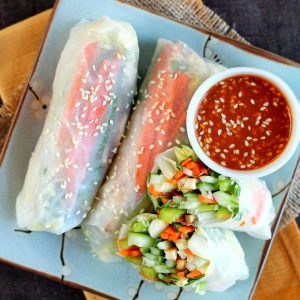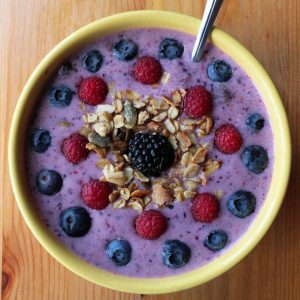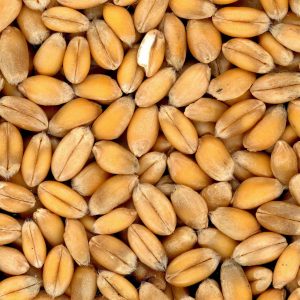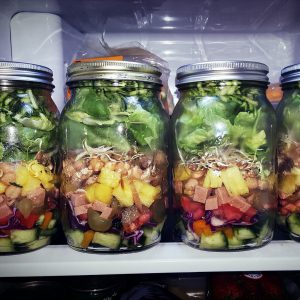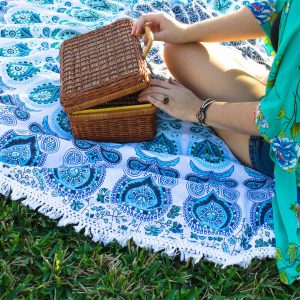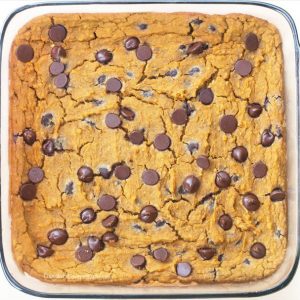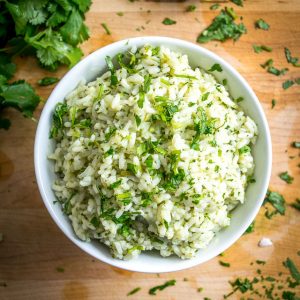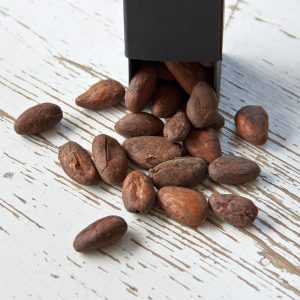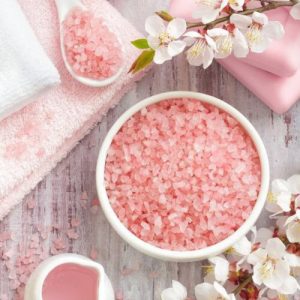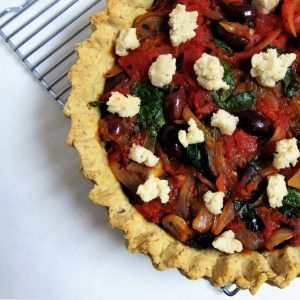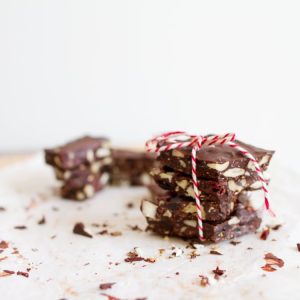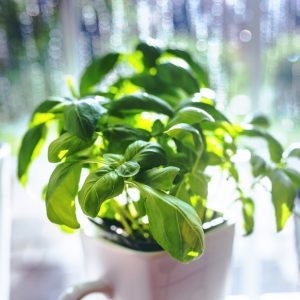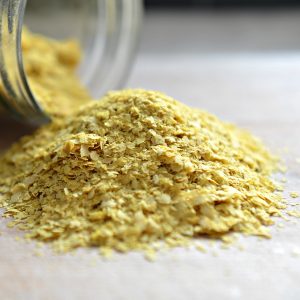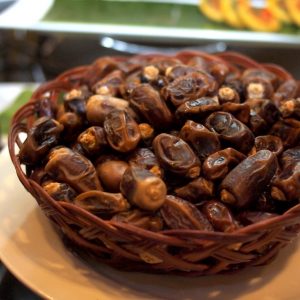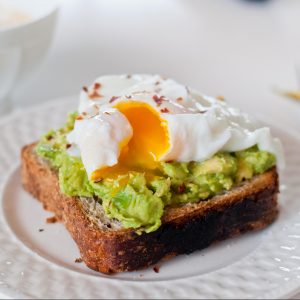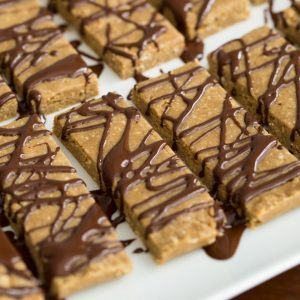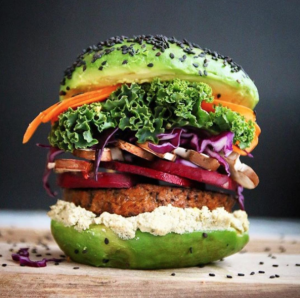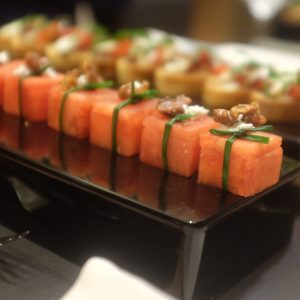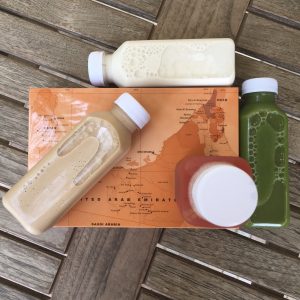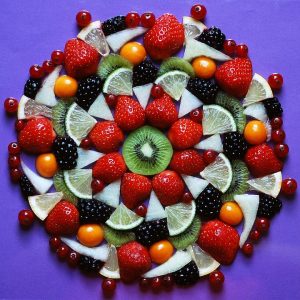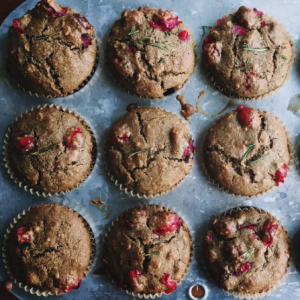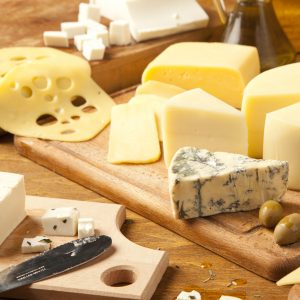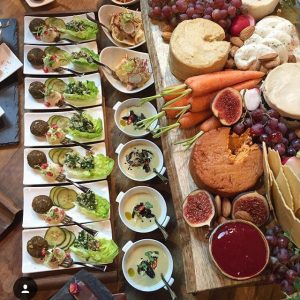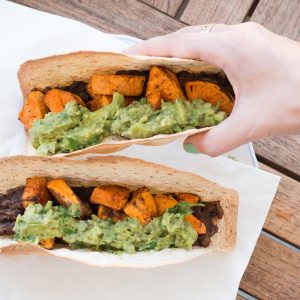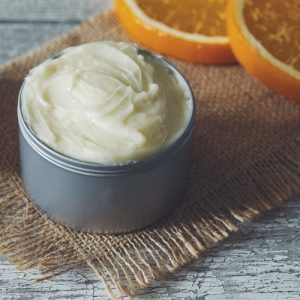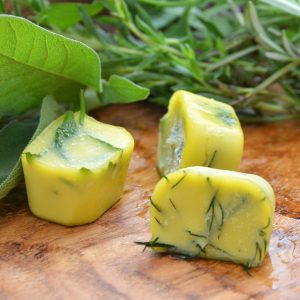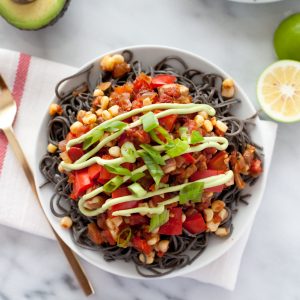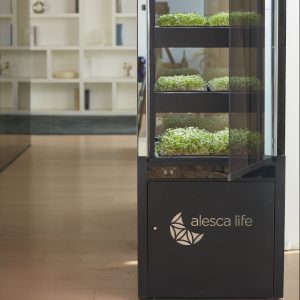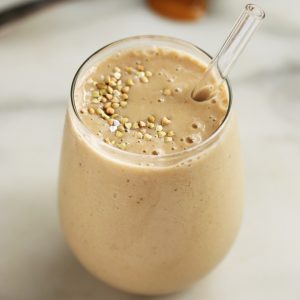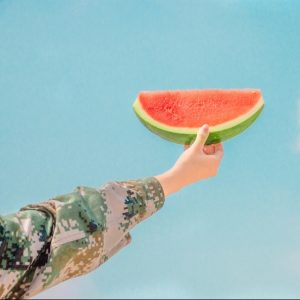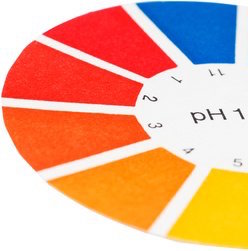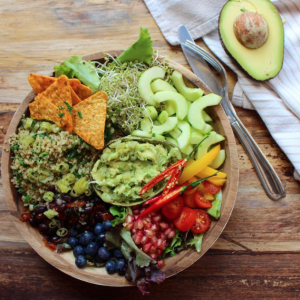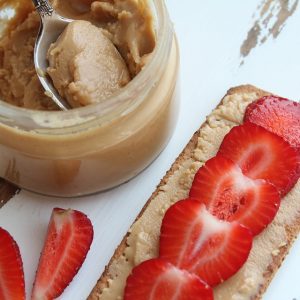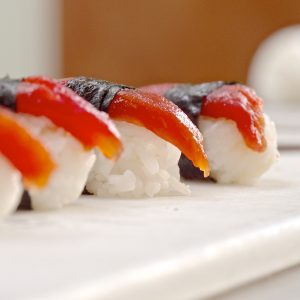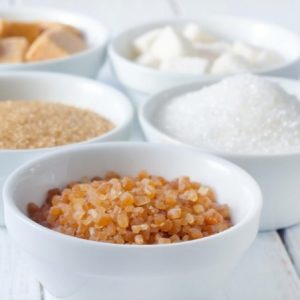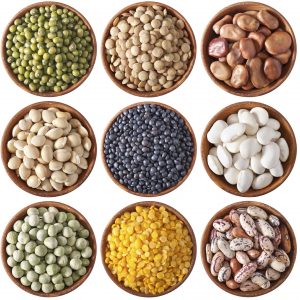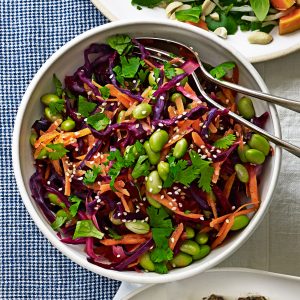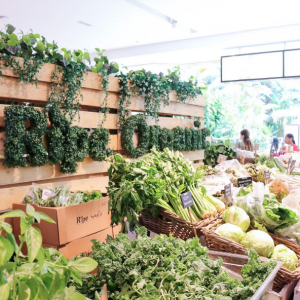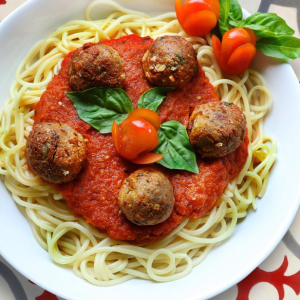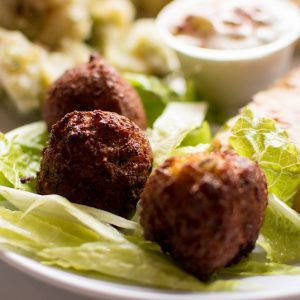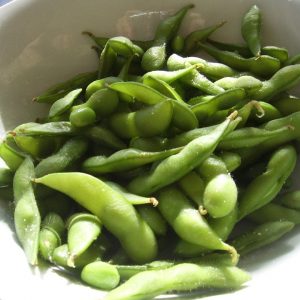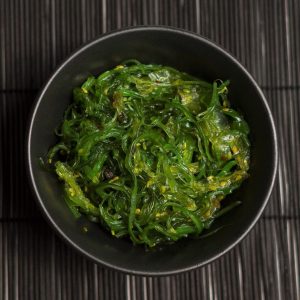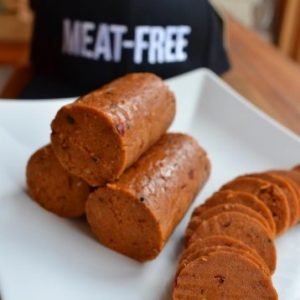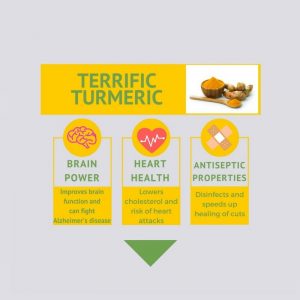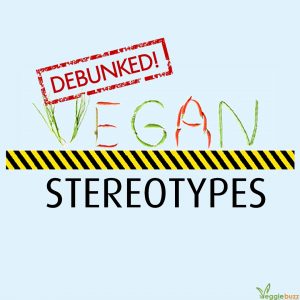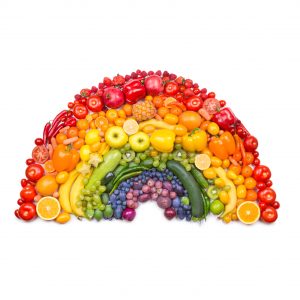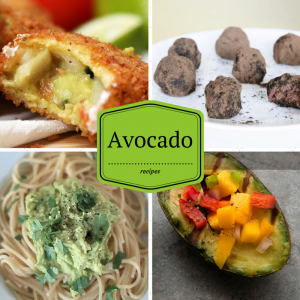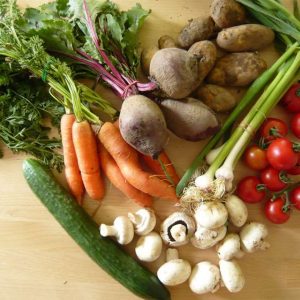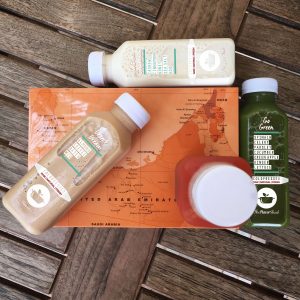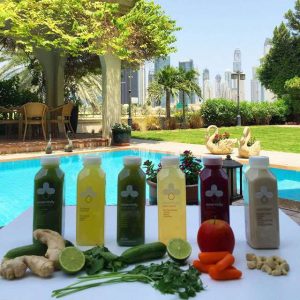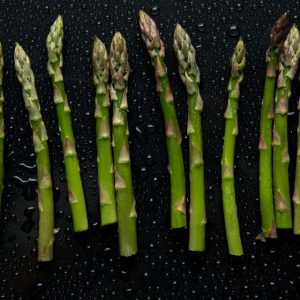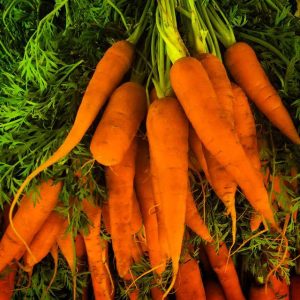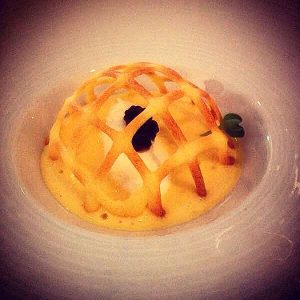The Ultimate Asian Noodle Guide
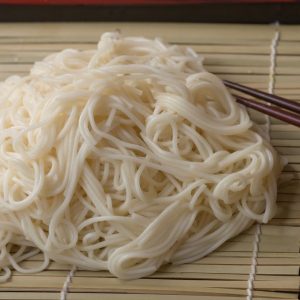

Pretty much everyone that knows me knows that I loves noodles. The thing is, there are so many different types of noodle, and it can be confusing to navigate a menu with different noodle types when you can't remember what makes each type of noodle special!
That's why we here at Veggiebuzz have created this incredible noodle guide ![]()
For the purposes of this article, we'll define "noodle" as a long, stringy dough-based carbohydrate. Asian noodles differ from Italian pasta in that the former can be cooked in a variety of ways, whereas the latter is almost always meant to be served al dente. In addition, Asian noodles can be made from a variety of flours and starches, whereas Italian pasta is typically from the same type of wheat.
Broad Noodle Categories
- Wheat
This category is the broadest- it includes wide noodles, thin noodles, long noodles, short noodles, and everything in between. The commonality is that they are all made of wheat flour.
- Egg & Alkalised
These types of noodles are all wheat based and contain egg. Sometimes, an alkaline agent is added to these noodles instead of egg to give them a distinctive yellow color. These noodles have a firm bite, and the more flour they have, the chewier the noodle becomes.
- Rice
These are made from rice flour and water, have a soft texture, and cook quickly. They are only gluten free if they are made entirely with rice flour, and no other types of flour mixed in.
- Buckwheat
These types of noodles are made with buckwheat flour, and hence have an earthier, nuttier taste than wheat noodles. These types of noodles are popular in Korea and Japan. Most of these noodles are not made exclusively with buckwheat flour, as the low gluten content and the nature of the flour do not make good noodles.
- Starch-based
These noodles are translucent, and are made with starchy vegetables such as mung bean, cassava, potatoes, sweet potatoes, and yams. These types of noodles are gluten free.
- Other
This category includes tapioca noodles, kelp noodles, and shirataki noodles. They fall into none of the above categories.
Specific Noodle Types.
- Ramen aka Yi Mien or Instant Noodles
While this term does apply to the cheap packaged noodles that can be cooked in minutes, that's not the type of ramen we'll be looking at today. Ramen is an egg noodle, and when fresh, is thin and very long. These noodles are often served in a rich clear broth with a protein and scallions.

Fresh Ramen Noodles Image: Serious Eats
Be sure to try this ramen recipe! Image & Recipe: Umami Girl
Image & Recipe: Umami Girl
- Udon
These Japanese wheat noodles are thick, pale, and chewy. They are incredibly popular, and are available at most Japanese restaurants serving noodle dishes. They are most commonly found as the bulk of soups or chilled and in a salad.
This recipe with udon noodles is sure to have your tummy rumbling!  Image & Recipe: Savory Simple
Image & Recipe: Savory Simple
- Soba
These thin, beige, Japanese noodles are made of buckwheat flour, and taste excellent in soups and salads.

Image: Just Hungry
Make sure you try this vegan salad with soba noodles:
 Image & Recipe: Taste
Image & Recipe: Taste
- Somen
Somen noodles are thin, white, made of wheat flour, and have added oil. They are from Japan, can be eaten hot or cold, and are quite delicate.

Image: Just Vegging Out
Enjoy this cold somen noodle recipe that is perfect for a hot day (and just happens to be vegan!)
Image & Recipe: White on Rice Couple
- Chinese/ Hong-Kong Style Egg Noodles
These Cantonese egg noodles are fresh and thin, where the key ingredient in chow mein. Firm and chewy, they are versatile and are used in many dishes.

Image: China Sichuan Food
This flavourful stir-fry is a great way to get started with Chinese egg noodles

Image & Recipe: My Recipes
- Glass/Cellophane/Bean Thread Noodles
These opaque, tough noodles are made from mung bean starch. Their strands can be either thin and round or flat, and they soak up the flavour of their sauce easily. Be sure to soak them in water before cooking.

Image: Sous Chef
Try out this stir-fry recipe to get a taste of glass noodles.
- Rice Vermicelli
Popular in Malay, Thai, Chinese, and Vietnamese cuisines, rice vermicelli noodles are thin and light with a neutral flavour.

Image: Huang Kitchen
You can find a vegan recipe which uses these delicious noodles below

Image & Recipe: Cilantro & Citronella
- Rice Sticks
These are the noodles used in Pad Thai! They are elastic and strong, which makes them great for stir fries or other dishes which involve a lot of movement while being cooked.
Below is a recipe for vegan pad thai. 
Image & Recipe: The Spruce
- Sweet Potato Vermicelli
These noodles are made with sweet potato starch, and are from Korea. When raw, the strands are grey, but once cooked, they turn translucent.

Image: Dr. Ben Kim
One of my most favourite Korean foods uses these noodles as a base- japchae! Be sure to take a look at this recipe for it. 
Image & Recipe: MJ and Hungryman
- Hokkien Noodles
These oiled egg noodles look like spaghetti and have a meat-like texture. They're popular in Singapore and Malaysia, and are fresher when you buy them loose-packed, as opposed to vacuum packed.

Image: Jasmine & Ginger
Below is a mee goreng recipe which calls for "yellow noodles". We recommend that you use the Hokkien variety!
Image & Recipe: RasaMalaysia
- Rice Sheet Noodles
These are available in stores either pre-cut or folded and oiled so that you can cut the noodle to your desired width. These are a staple of Cantonese dishes and Singaporean street food.

Image: The Woks of Life
Be sure to make yourself the vegan and gluten free version of char kway teow, a popular Malaysian and Singaporean recipe, linked below.  Image & Recipe: One Green Planet
Image & Recipe: One Green Planet
- La Mien (Pulled Noodles, La Mian, Longevity Noodles, Yellow Mee (contains egg), Hokkien Mee)
These chewy, dense noodles are round and moderately thick, and their surface absorbs a little bit of sauce. The noodles are made through an extensive pulling process, which can be viewed in this hilarious video of Gordon Ramsay going against an experienced la mien chef.
- Jjolmyeon
These Korean wheat noodles are incredibly chewy, and need to be rinsed before use to eliminate the extra starch.

Image: My Korean Kitchen
Try out this cool recipe of a beloved Korean food that uses jjolmyeon. It is vegetarian, but can easily be made vegan with the replacement of honey for another sweetener, and the removal of the egg. 
Image: My Korean Kitchen
- Naengmyeon
Naengmyeon are Korean buckwheat noodles that are long, thin, and springy, with a chewy texture. They are usually dark brown when in the packet, and are typically served cold.

Image: Maangchi
Try this recipe which uses naengmyeon- it can be made vegetarian by using a vegetarian broth, and vegan by removing the egg.
- Dotori Guksu
Dotori Guksu are Korean noodles made from buckwheat flour, with smaller amounts of other grain flour and acorn flour. Their flavour is nutty and sweet due to the acorn flour.
Replace the soba noodles in this recipe for dotori guksu for a nutrient boost powered by the acorn flour!
Image & Recipe: The Kitchn
- Tapioca Noodles
Mainly used in Vietnam, tapioca noodles are chewy and translucent, and are made from a mix of tapioca and rice flour. They are nicknamed "the udon of Vietnam".

Image: @EasyModernAsian
A great Vietnamese street food recipe which uses tapioca noodles is linked below.  Image & Recipe: SBS
Image & Recipe: SBS
- Kelp Noodles
Kelp is an edible Japanese seaweed, and kelp noodles are made from them. They are thin and clear, rich in iodine, free from fat and gluten, incredibly low carb, and virtually calorie free. If rinsed well, they take on the flavour of their sauce.

Image: Elana's Pantry
For a refreshing kelp noodle, kale, avocado, and lemon bowl, click on the link below. 
Image & Recipe: The Full Helping
- Shirataki
A favourite among dieters, shirataki noodles are known for being zero calorie, gluten free, and incredibly low carb! They are made from Konju flour, which originates from a type of yam, and are zero calorie because of their high fibre and water content. They need to be washed very thoroughly, but once they are completely rinsed, they take on the flavour of the sauce they're in. These noodles can also have added tofu or other vegetables in them.

Image: Keto Diet App
For a vegan shirataki noodle recipe, click on the link below. 
Image & Recipe: Home Sweet Jones
Sumati Menda
NEWSLETTER SIGNUP
Never miss a post from VeggieBuzz!
Sign up for our newsletter to get the latest VeggieBuzz content delivered right to your inbox.








